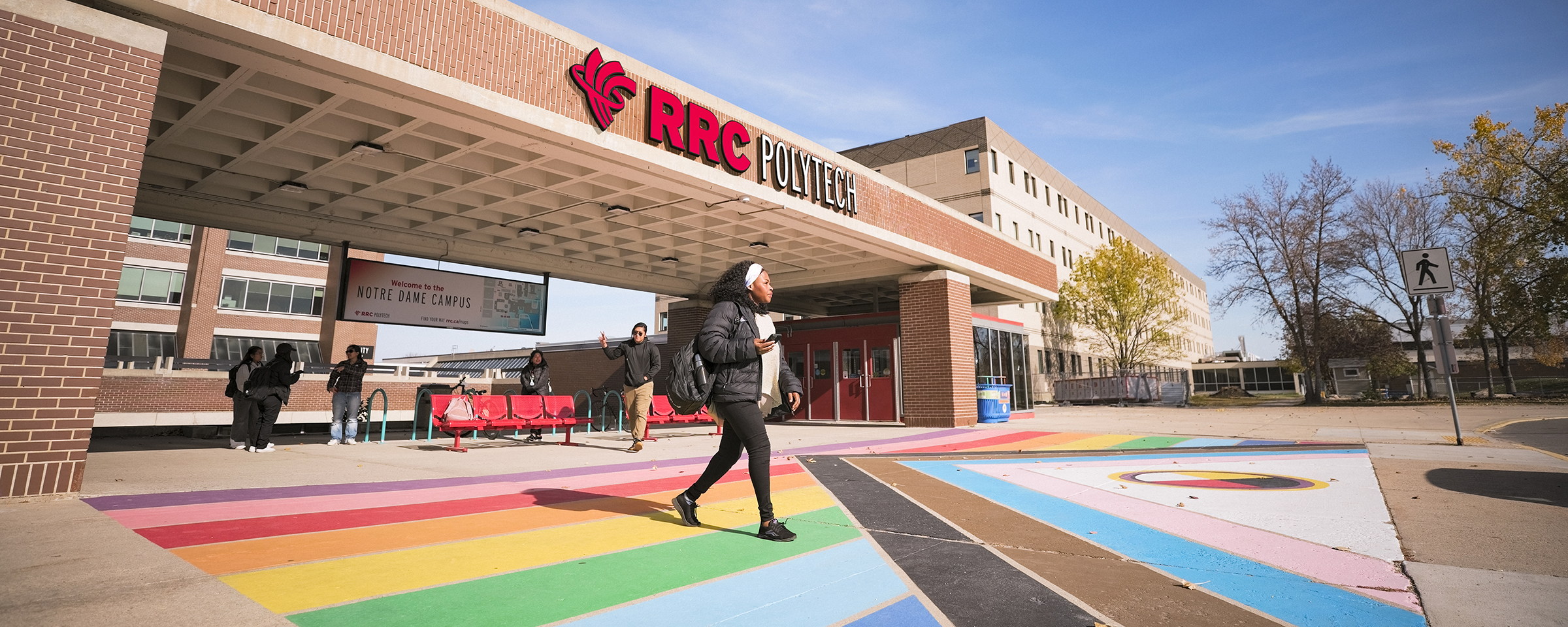Gene Haas Foundation donates $500,000 to new Skilled Trades and Technology Centre
 The Gene Haas Foundation has made a $500,000 donation to Red River College’s new Skilled Trades and Technology Centre (STTC), scheduled to open next year at the Notre Dame Campus.
The Gene Haas Foundation has made a $500,000 donation to Red River College’s new Skilled Trades and Technology Centre (STTC), scheduled to open next year at the Notre Dame Campus.
The announcement was made at the RBC Convention Centre during the 2017 Skills Canada National Competition, taking place in Winnipeg until June 3.
“We are humbled by the generosity of the Gene Haas Foundation and their continued support of our College,” said RRC president Paul Vogt. “Not only will our Skilled Trades and Technology Centre expand our applied learning environment, it will foster a collaborative approach within our program areas that will have a positive impact on our pre-employment training, applied research projects, and overall student success. This gift from HAAS allows us to provide new and improved opportunities for our students and for that we are extremely grateful.”
With a footprint of approximately 100,000 square feet, the STTC will house new laboratory and shop space and classrooms for up to 1,000 students each year in high-demand trades and technologies. The building will be home to leading applied research, technology and innovation in the fields of robotics, automation, advanced manufacturing and more.
When operational, the STTC will boost RRC’s skilled trades training capacity by more than 30 per cent.
“Red River College has a reputation for producing high-quality and high-skilled students who turn into respected members of the workforce,” said Kathy Looman, Foundation Administrator for the Gene Haas Foundation. “We are thrilled to be a part of this state-of-the-art facility and to watch as it continues to provide RRC with the momentum it needs to continue to develop and grow to ensure student success.”
The Gene Haas Foundation also presented RRC with a $30,000 (USD) gift for the Gene Haas Awards at RRC and a $60,000 (USD) gift to Skills Canada for the Skills Canada Financial Sponsorship that awards medalists in CNC Machining and Precision Metal and Manufacturing.
Shown above, from left: Kathy Looman, Foundation Administrator, Gene Haas Foundation; Joanne Haas, representative, Gene Haas Foundation; Paul Krainer, President, Thomas Skinner & Son Ltd.; Paul Vogt, President and CEO, Red River College.







